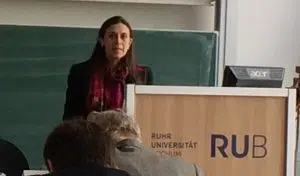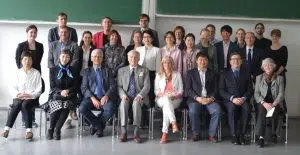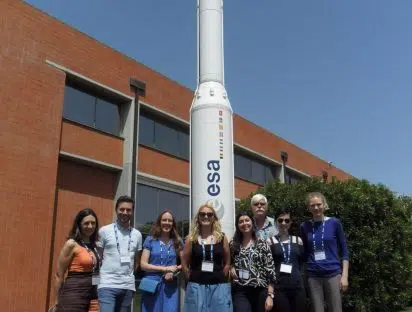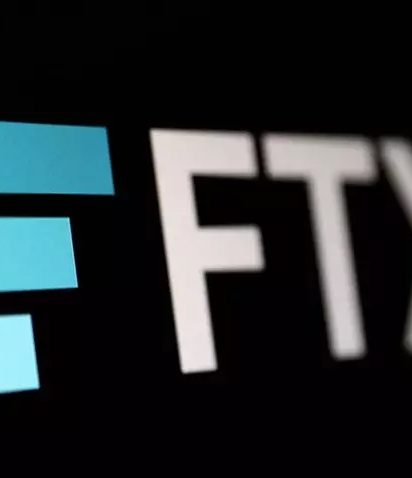The 20th EU-Asia International Research Seminar took place this year at the Ruhr-Universität Bochum (Germany) from 27 to 29 May 2015. The aim of the conference was to promote a comprehensive debate among European and Asian scholars on regional integration and EU-Asia relations.
The network behind this yearly conference was established 20 years ago, and the founding members have been consolidating and enlarging it consistently since then. The event is hosted alternatively by European and Asian institutions, which allows sharing the costs and opening the participation as much as possible. The next seminars have been already scheduled and will be held in June 2016 in Seoul, Korea, and in June 2017 in Parma, Italy.
Asia is composed by diverse economic and political systems, thus it is quite difficult to overcome the integration obstacles and bring together the different countries, even more so than in Europe. Indeed, the approach of Asian countries to the European Union is also dissimilar. The seminar aimed at considering these subjects through multiple angles. It was organised around eight panels which included various debates: they ranged from corruption to soft power, from trade to sustainable development, from regional integration to finance, from small and medium-sized enterprises to multinational corporations (MNCs). Each panel intended to offer, at the end, a broad perspective on various aspects of the integration process and business relations, pointing out to what extent the countries are competitors and to what extent they aim at enhancing cooperation.
Highly specific topics were also investigated, such as revitalising Japanese business through ‘womenomics’, the regional management structures of Japanese MNCs in Europe, and the extension of Chinese Networks in Europe, to mention but a few of them. In terms of countries highlighted, the 2015 edition paid special attention to China and Japan; but other Asian countries, such as Vietnam and India, were also debated.

The outcome of the seminar will be published as special issue in a peer reviewed academic journal and/or as book, by a specialised international publisher.





